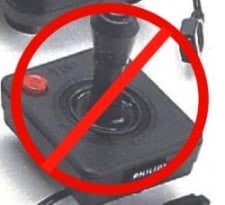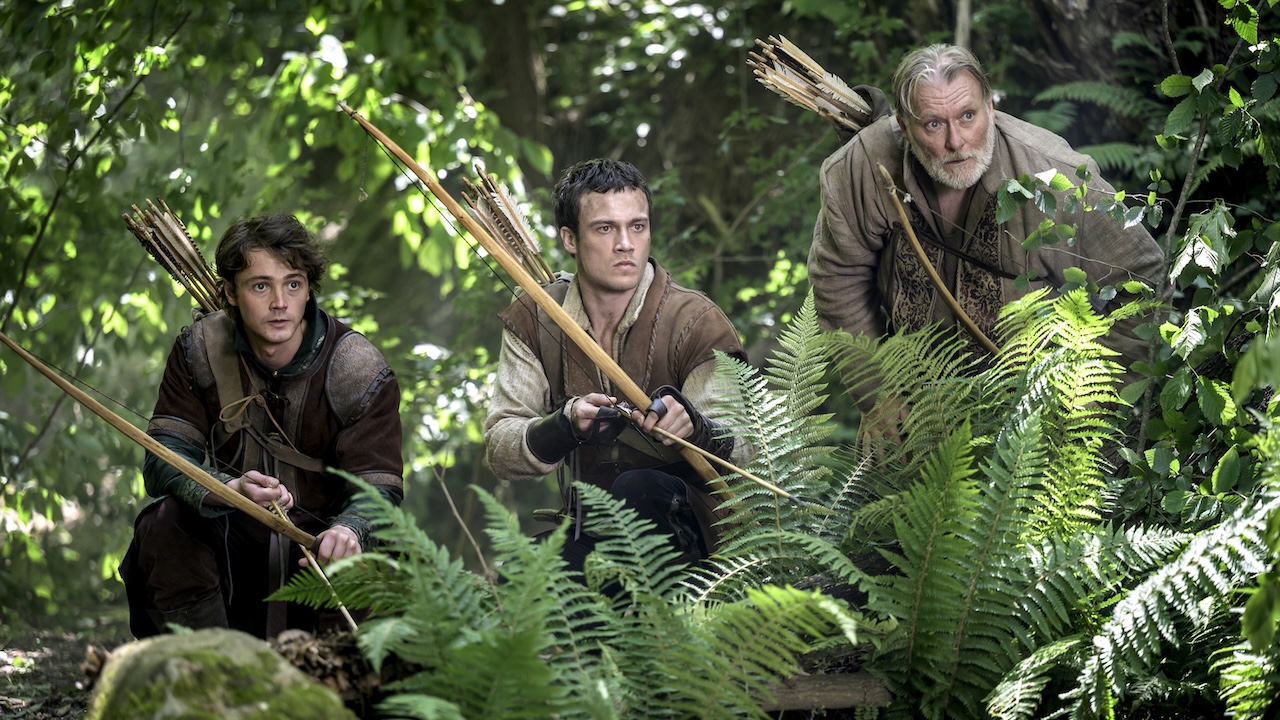Video Game Journalists Have More Authority Than The Blacklist

The recent debacle over Kotaku’s rumor posting about the PlayStation Home may have hit some sore nerves for many video game journalists. Not only that, gamers in general were not too pleased to find out that a favored and respectable gaming blog site had been ill-treated by Sony. It may also come as no surprise that Sony needs Kotaku a lot more than Kotaku needs Sony.
For those who may be unaware, the blacklist in the world of video game journalism is no different than the blacklist of any other medium. Once you’re on it, you’re keyed out of everything you would have access to otherwise. Meaning: No more review copies, no more inside information, no more exclusive interviews, no more press conference invites, and no more tips for rumor mills. The dynamic between game journalists and their mainparts–or the corporate representatives that keep them informed–must be a workable and benefitting relationship. This is despite the inclination to believe that video game corporations could operate fine without press, or media insiders that interact directly with the public.
In this particular case, Kotaku was handed the figurative “pinkslip” from the inner-workings of Sony’s entertainment division. This was for posting up a rumor about a service that Sony obviously didn’t want leaked. Easily enough–and within a day’s work–Kotaku staff were back on the good track with Sony, and no longer blacklisted. So what, they worked out their differences? Kotaku is forgiven that easily? Hardly.
Kotaku is a blog site that contributes news and video game information on a daily basis, and is one of the top 700 websites in the United States. That’s a pretty good position for a video game blog site, especially considering America’s love of porn. And with Kotaku’s massive reach within the video game community, would it really benefit Sony on any front to blacklist such a popular blogsite? Of course not. Kotaku could easily survive on standard public news, not to mention their connections with Nintendo and Microsoft. More than anything it would only hurt Sony more in the long run. And to think, it would be over something that would generate gamers’ interest in Sony? The irony is almost burdening.
But even if Sony needs Kotaku more than Kotaku needs them, it doesn’t mean Sony has let this issue drop dead in the water. The blog site will be watched, monitored and kept on a tight leash for a while. Kotaku, in a way, will have to re-establish their loyalty to Sony. It’s about as much reproval as the video game site will receive from Sony, mainly due to the complete uselessness of employing the dreaded blacklist. Less coverage on [Sony’s] products certainly won’t improve their standing with the video game community. And with Kotaku’s power-standing as a formidable news blog, I’m betting they weren’t all too worried when they received word that they had been blackballed.
But more than anything, the blacklist is a surefire way for bigger companies to keep smaller press outlets in line. It’s a fear tactic that ensures a “working” relationship between the media contact and the PR for the company. Realistically, there’s nothing Sony, Microsoft or Nintendo could do with a force that has as much influence as IGN, Gamespot or EGM. Threatening a large media resource will only create a backlash from the readers, the fans and most importantly, the gamers.
When a vast majority of your sales are based on what gamers have preconceived from the product–which is based on what they’ve read or seen from a gaming publication or blogsite–then the last thing you do is threaten the people who create that influence. Do you really think Gears of War or Halo 2 would have sold the way they did without the constant coverage they received from gaming journalists? Hardly. People only would have known about either title based on their website and commercial. And it’s a darn-tastic guarantee that both games would not have been the commercial success that they are today.
Your Daily Blend of Entertainment News
In this particular case, Kotaku aught to be thankful that they have the kind of pull they do with the gaming community, otherwise Sony’s blackballing could have actually worked. Maybe Sony didn’t entirely realize how popular Kotaku was. Because blacklisting Kotaku the way Sony did only made them look like the video game blogsite that was willing to martyr their position to provide gamers with news. Even with the issue resolved, this travesty has certainly certified the importance and power, of the video game press.
Staff Writer at CinemaBlend.

